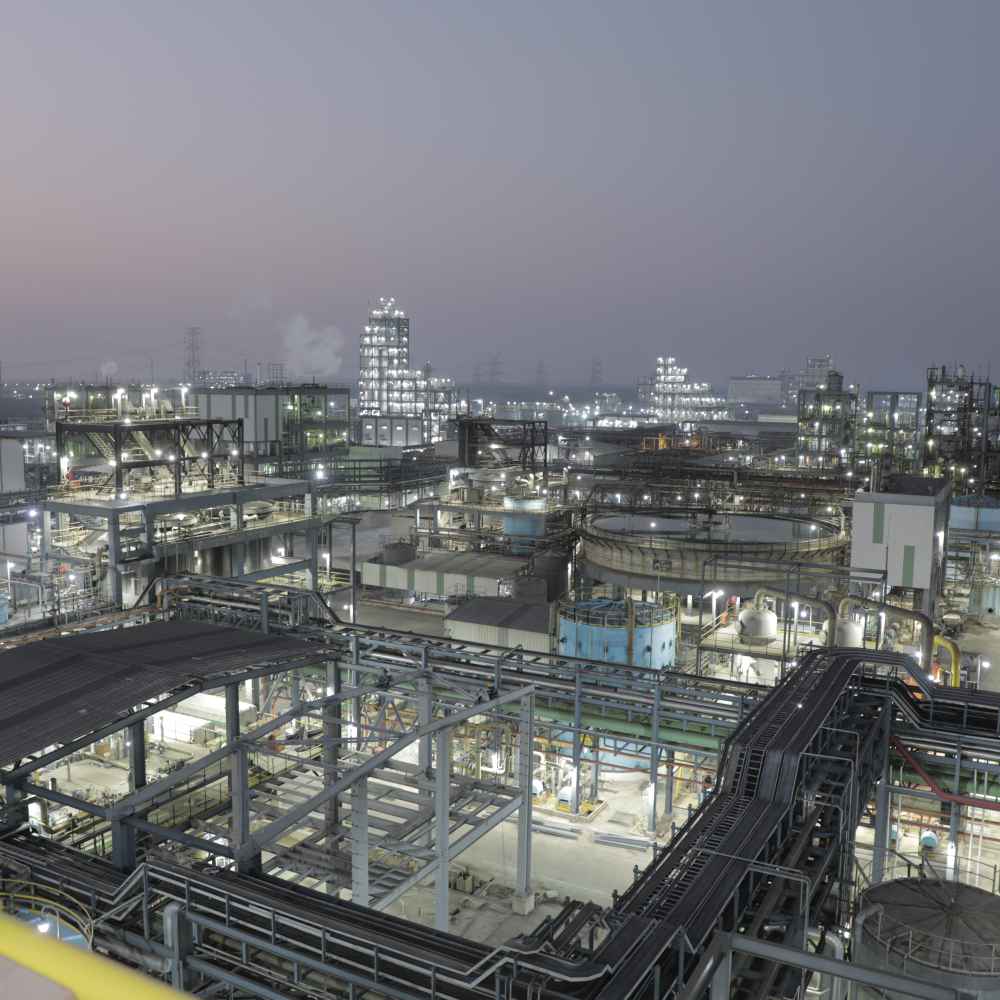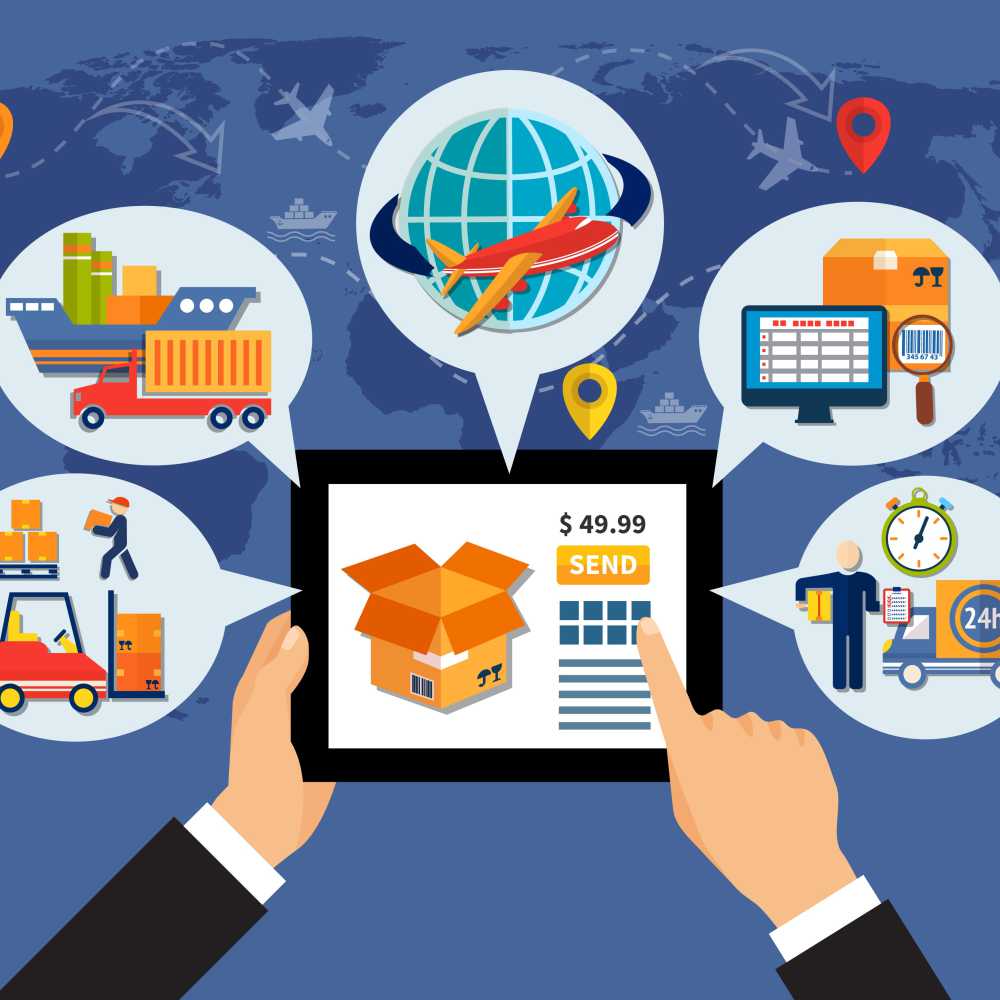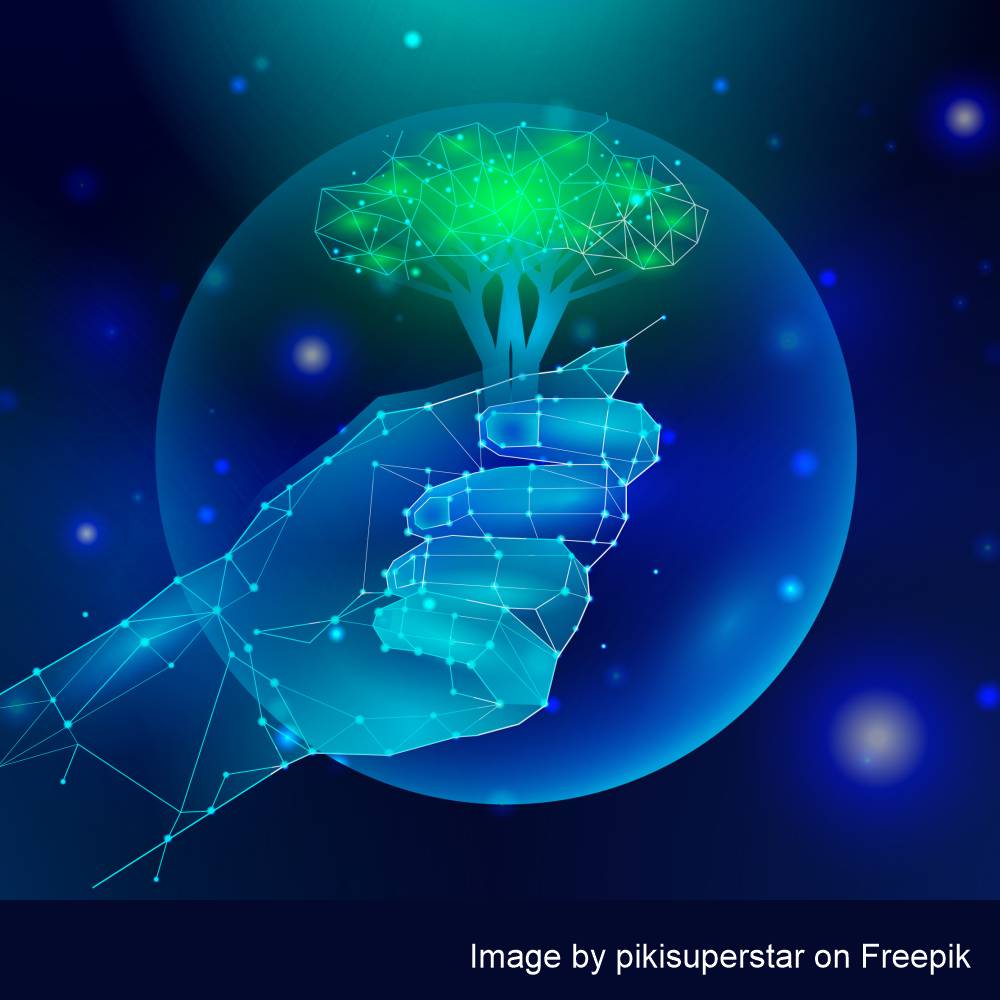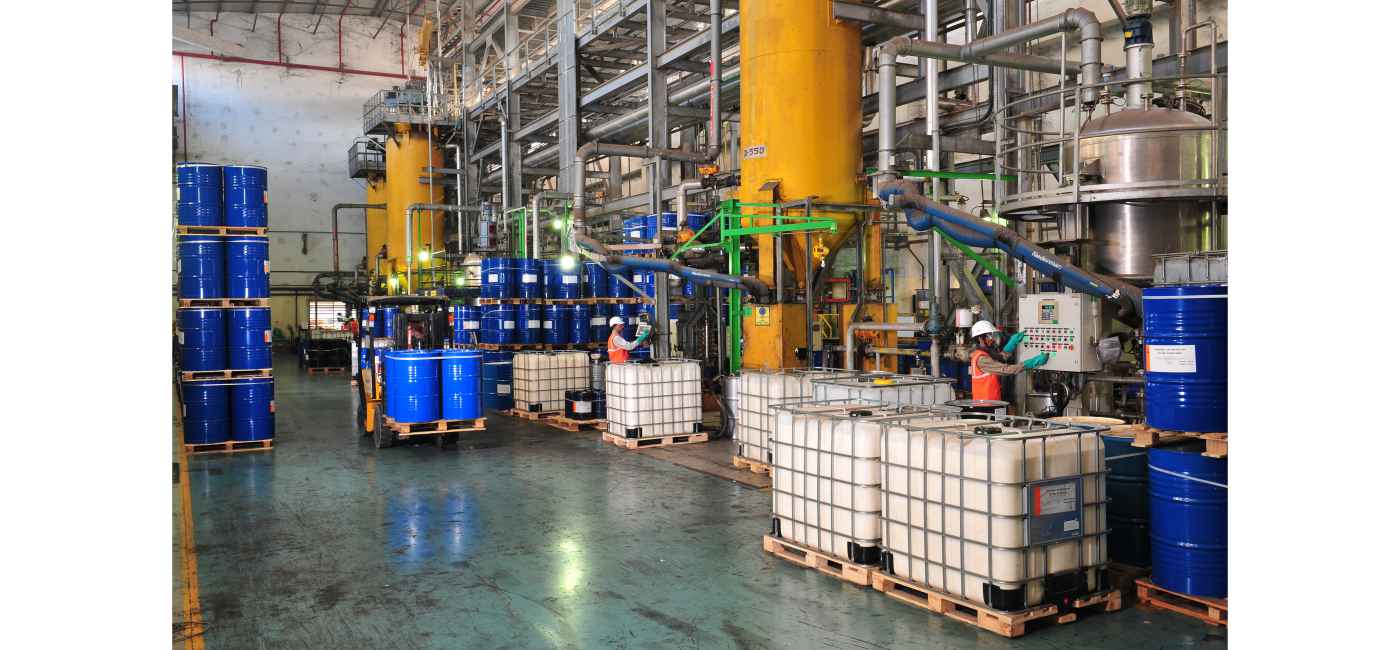“Meghmani Finechem Ltd., (MFL) is driven to meet world’s essential chemicals demand with responsible care and scalable growth along with the commitment towards quality and environment. We have a state-of-the-art fully automated production facility well equipped to meet international standards in manufacturing Caustic Soda, Caustic Potash, Chlorine, Hydrogen, Chloromethanes, and Hydrogen Peroxide. We aim to serve domestic and export markets, thus complementing the ‘Make in India’ initiative and empowering sustainable growth for a safer and brighter future. Infrastructure and technology, combined with experience and expertise of MFL, enable us to meet the increasing demand of vital industries consistently,” shares Maulik Patel, CMD, Meghmani Finechem Ltd., during an interview.
How would you summarize the 18 months that were engulfed in Covid-19?
The last 18 months have been tough on everyone. We have learned & trained ourselves to come out strongly in this unprecedented pandemic; we grew by 36% in FY21 and by 111% in Q1FY22 vs. Q1FY21. We adapted smoothly to the change, and all the tasks were completed on time despite working from home. Procurement, sales, and expansion teams geared up to get timely raw material and close new clients in the lockdown coupled with timely completion of the expansion of the Hydrogen Peroxide plant in July 2020.
How did your industry perform during that time?
The chemical industry was not impacted much as we curate the essential product that goes into various other products to manufacture the final products. Few of such products even fall into the essentials category. The chemicals that go into manufacturing essential items in the pharmaceutical and agrochemical industry are not impacted. In our case, the demand for Caustic Soda, Caustic Potash, and Chloromethanes was not affected. Chemicals like Hydrogen Peroxide that go into textile, paper, and other industries were impacted on account of lockdown, but recovery was witnessed once the lockdown was lifted. Overall, we have seen growth in the sector.
What were the challenges faced, and how did you overcome them?
The company faced various challenges, and one of the significant trials was of transportation restrictions, which directly impacted the smooth movement of raw material, movement of the finished products to customers, and movement of laborers to the plant. The pandemic also affected our expansion plans; the commissioning of the plant got delayed by a month or so. However, we converted the challenges into an opportunity to work even more efficiently by readjusting our sourcing and client base. We have had a very robust year-on-year revenue growth of 36%.
What have been the innovative practices brought about by you in streamlining operational performance and boost productivity?
We have been using the best-in-class technology, the latest machines for production, which improves the efficiency, resulting in lesser input and higher output. Our integrated manufacturing facility is also automated at all the possible levels to bring in more efficiency and smooth production flow. Also, with the help of the latest technology tools, we can have a consolidated online view of the operations by sitting at any remote place, which helps us make timely decisions for smooth processes at the plant. The lockdown also encouraged us to enable our staff with facilities to work efficiently from home without any adverse impact on business operations.
How do you plan to make a valued contribution in making India self reliant in specialty products?
Our focus has been towards getting into products, which are currently entirely imported, considering that we are getting into two new chemicals, i.e., Epichlorohydrin and CPVC Resin. As of now, Epichlorohydrin is imported, and we will be the first company to manufacture it in India using 100% renewable resources. We are coming up with 50,000 TPA capacity, which is expected to get commissioned in Q1FY23. Currently, almost 95% of CPVC resin demand is fulfilled by importing, and once we commission our 30,000 TPA plant in Q2FY23, we will be the largest producer of CPVC Resin in India. By serving the demand for the above two products, which are imported, we will be able to save foreign exchange of US$110 Mn a year for our country. In the coming years, the company's focus will be to get into chemicals, which are totally imported, and be the first company to manufacture the same. It is in line with the movement of Atmanirbhar Bharat and Make in India by the Government of India.
How are technology and automation playing an enabling role in your operations?
Technology and automation play a critical role in productivity. Using technology and automation, the crucial part is to identify the operations that need technical intervention. All chemical reactions are complex and involve flow, time, temperature, and pressure, etc., which are preciously controlled. To avoid any human errors, most of our chemical plant operations are governed by DCS. This eliminates costly faults. Automation will improve the efficiency of operations, and employees can devote their time to focus on other value-added assignments. It gives valuable insights about various processes taking place simultaneously, which can be further analyzed and improved.
How are you planning to enhance sustainability in your operations and supply chain?
Our manufacturing complex is fully integrated, where co-products of Chlor-alkali are used to manufacture value-added derivative products that we have entered, i.e., Chloromethanes and Hydrogen Peroxide, and for the products that we will be getting into, i.e., Epichlorohydrin and CPVC Resin. Functioning as a fully integrated complex enhances sustainability in the operations. On the supply chain side, both for sourcing raw material and supplying our customers, we are strategically placed in the PCPIR region. All the raw materials required are available in proximity, and similarly, all the customers we serve are within a radius of 100 km from the plant. We are also entering into a different set of products; we cater to more than 15 industries and hence, are not dependent on any specific industry.
How difficult or easy is it to take on the legacy business and bring innovative ideas to lead the growth path?
We are thankful to our elders who created this entity and allowed us to take the company to the next level. We observed the way our elders used to work and learned from it. Since the inception of Meghmani Finechem, our elders gave us total independence to carry out all business operations right from land acquisition, environment clearance, infrastructure development, selection of product, choice of technology, borrowing funds, commissioning plants, acquiring clients, etc. Under their guidance, we were able to accomplish operations efficiently and developed the whole business. This allowed us to grow further, and then we expanded into various other products. So, the entire process was very smooth, and we never felt like a transition was happening.
What is your advice to new-age entrepreneurs who are starting afresh?
To new-age entrepreneurs, I would like to advise that India is at a very nascent growth stage. As the Government of India is taking various initiatives to boost the economy, there is a long way to grow. Hence there is a huge opportunity, and one needs to have the risk-taking ability to grab it. Whatever one does, one should be hands-on, needs to plan well, stay committed to a particular task, focus on its core strength, and constantly focus on results, both topline, and bottomline. There are no shortcuts. You build on your core strengths, do business with good corporate governance, and maintain transparency with stakeholders. I believe the above approach is the only way to develop a sustainable business.
Are there any global best practices you would like to emulate in your business?
I like to travel and visit various chemical factories around the world and learn the global best practices. We at MFL, from the beginning, have implemented all the best procedures possible, from acquiring the best technology for all the products, best processes to improve the efficiency, best machines to improve on the output by lesser input. We all also follow best practices for ESG and safety protocols.
All the above measures witness zero accidents at the plant, zero breakdowns, lesser pollution, better margins, and awards like Responsible Care certification by Indian Chemical Council.
How is the supply chain tuned to the market complexities?
On the procurement side, our team manages the transactions very well in advance so that we do not face any issues regarding the availability and pricing of raw materials. Based on data analytics and management expertise, the team tries to source the raw material at the appropriate time and right price. Also, most of the raw material is available in proximity, on account of the plant's location. Our location is an advantage for our customers as most of our customers are almost within the radius of 100 km from the plant. Therefore, supplying the product to them is very convenient and cheap. Also, Chlorine and Hydrogen are supplied to our customers through pipelines that exist near our facility.
What are the key pillars that set Meghmani Finechem apart from its competitors?
1. Product chemistry – Created Chlor- Alkali eco-system/family
2. Expertise in selecting the product and technology
3. Well invested infrastructure leading to lower Capex per ton and faster completion of the expansion
4. The strategic location of the plant in the PCPIR region, the hub of chemical companies
5. Fully integrated complex leading to lower cost of production
6. Technically qualified professional management team
What are your expansion plans in place?
We are venturing into Epichlorohydrin and CPVC Resin. Epichlorohydrin (ECH) is used to manufacture Epoxy Resin. We will be the first company in India to manufacture ECH; it has a good market in India and is expected to grow 10% - 12% over 5 to 7 years. Raw material to manufacture ECH is based on 100% renewable resources. We are coming up with 50,000 TPA capacity, and it is expected to get a commission in Q1FY23. CPVC Resin is used to manufacture CPVC pipes. It has tremendous demand in India, and it is expected to grow ~13% CAGR in the next 5 to 7 years. Once we commission our 30,000 TPA capacity plant, we will be the largest manufacturer of CPVC resin in India. Both the products will further strengthen our fully integrated complex as part of the raw material required for both products are available within the facility. In the coming years, we will be getting into products that will be used to produce critical intermediates for manufacturing agrochemicals and pharmaceuticals' active ingredients. These new products will have chlorine as their raw material, further strengthening our fully integrated complex.

Categories

Magazine Editions






















